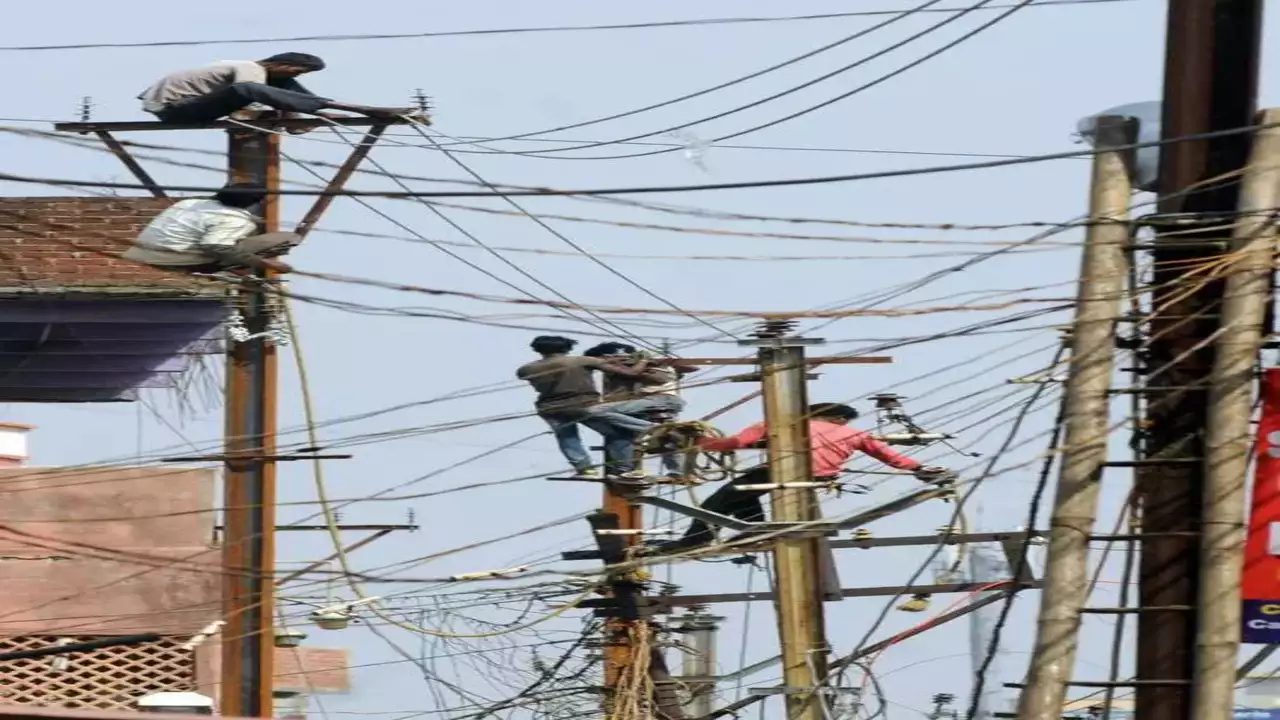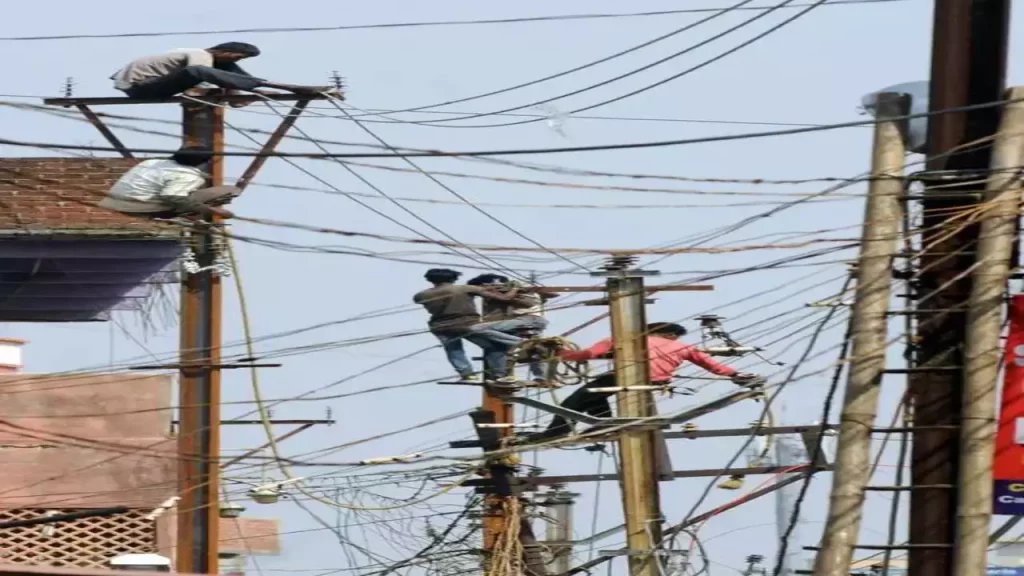A four-hour power outage on Sunday turned daily life upside down for thousands of Ranchi residents, leaving homes, businesses, and traffic signals completely disrupted. The scheduled blackout from 11 a.m. to 3 p.m. was meant for maintenance work on the Namkum-Kokar feeder and the installation of a new transformer at the Kokar Urban Power Substation—but for many, it was an unwelcome reminder of just how dependent the city is on electricity.
From households struggling without fans and kitchen appliances to businesses losing valuable work hours, the power cut had ripple effects across the city.
Life Comes to a Standstill—“Everything Just Stopped”
For residents in Kokar, Lalpur, Kantatoli, Circular Road, and surrounding areas, the power cut was a major inconvenience. Fans, refrigerators, and even phone chargers became useless as the hours dragged on.
“We couldn’t even make lunch because our stove is electric,” said Meera Joshi, a school teacher from Circular Road. “It may have been scheduled, but it still threw our whole day off.”

Others found themselves unable to work from home, with Wi-Fi routers and laptops shutting down. “No power, no internet, no way to do anything productive,” complained Amit Verma, a software developer.
Businesses Lose Money as Machines Go Silent
Small businesses and industries in the Kokar Industrial Area were hit hard, with many losing an entire day’s worth of work. Electricity-dependent businesses, factories, and offices were forced to close or convert to costly backup generators.
“We lost a lot of business today,” printing shop owner Rajiv Sharma said. “It was a total waste of time—no machines, no customers.”
People found it difficult to stay connected due to reduced signals and sluggish internet speeds, which were reported by restaurants, grocery stores, and even mobile network providers.
Traffic Turns into a Nightmare
Some of Ranchi’s biggest crossroads descended into chaos as the traffic lights were turned off. Even though police had to manually control traffic, commuters were nevertheless irritated by the delays and confusion.
Rahul Kumar, a daily commuter, said, “No one knew when to move, so I was stuck at a signal for fifteen minutes.” “Everything was a mess.”
Could This Have Been Handled Better?
Although the power outage was required for maintenance, several locals questioned the timing and planning. To reduce disturbance, others recommended that outages occur later in the evening or at shorter intervals.
“They should have done this at night when people don’t need electricity as much,” said Sangeeta Mishra, a shop owner. “This was just badly planned.”
City officials have promised that the new transformer installation will improve electricity supply in the long run—but after four frustrating hours in the dark, many residents remain skeptical.

